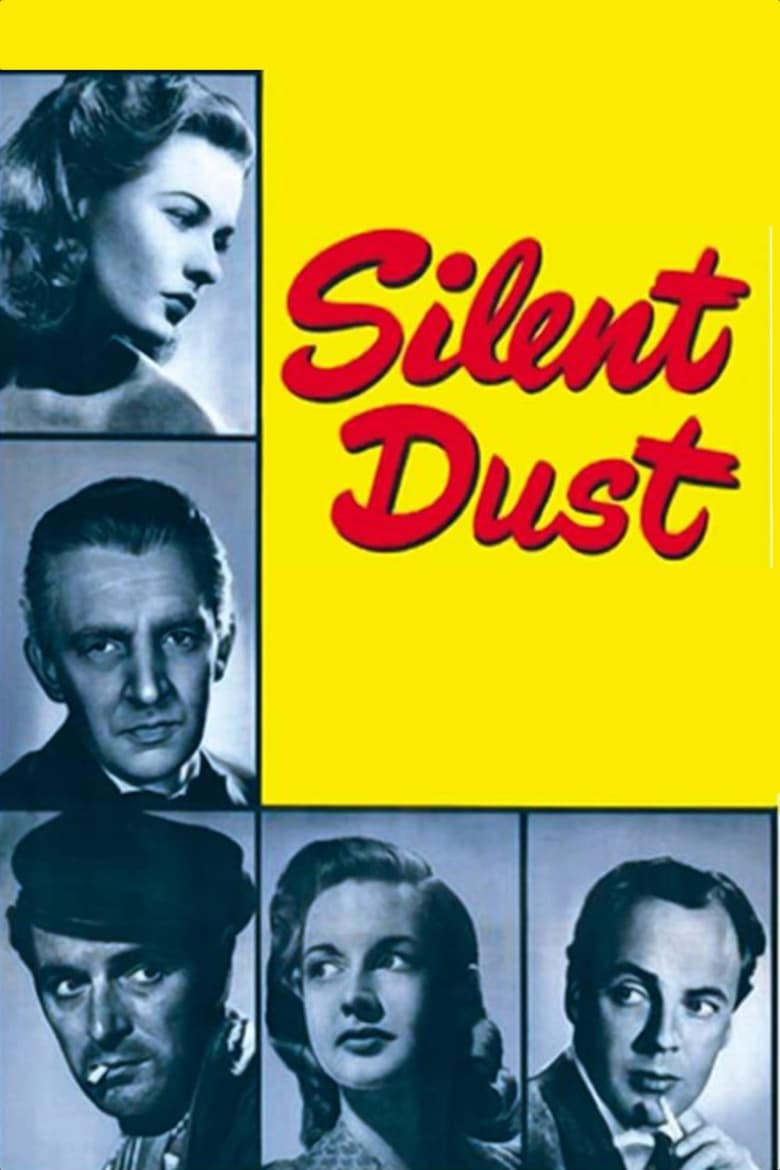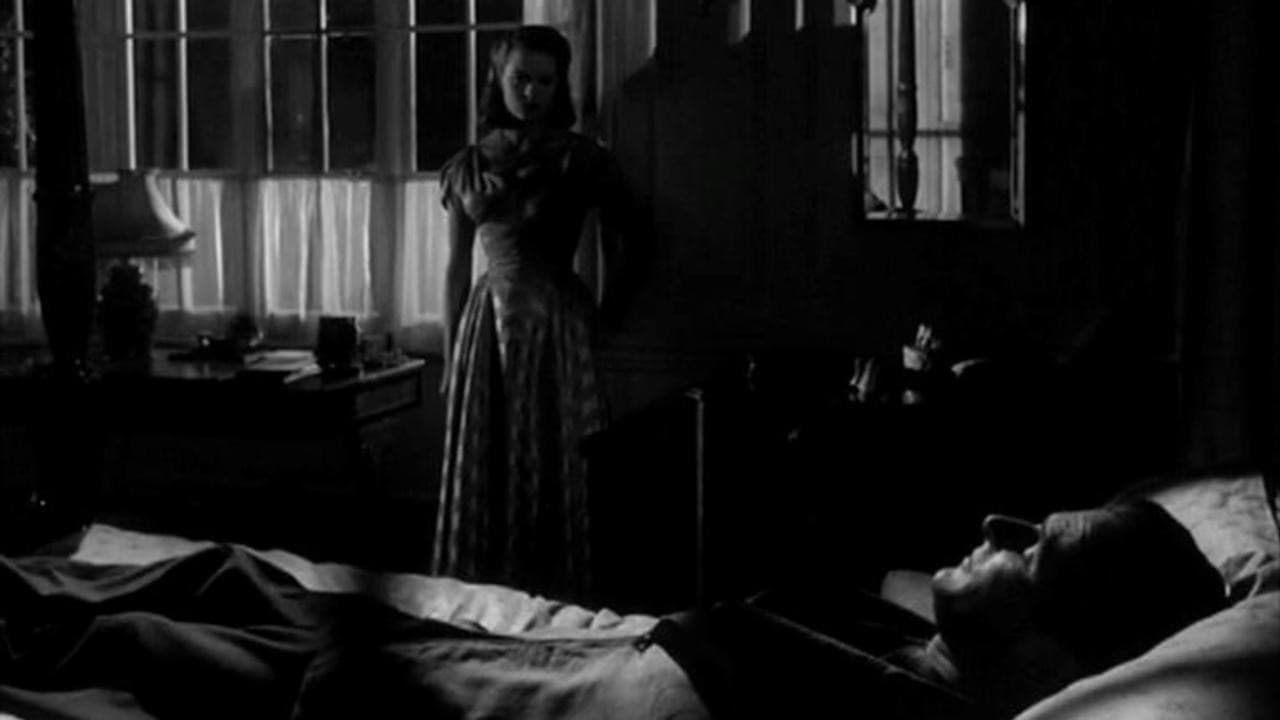Silent Dust was a surprising discovery - an essentially stage-originated piece shot with a careful cinematic eye.
One extended sequence captures at one point how a blind man might perceive events that have occurred around him, creating a visual impression of things he has heard and conceived of. A fascinating piece of pure cinema.
Another sequence involves a flashback where a character recollects in narration heroic acts whilst the actuality of the history is shown visually. Again a great use of the cinematic art.
The outcome of the story is reasonably predictable but guided by the sheer confidence of the cast. Stephen Murray is very precise as the blind father and Seymour Hicks (whose final role this is, filmed mere months before his death) shows genuine wit and intelligence.
This appears to be a virtually forgotten classic but there is something special in having a favourite like this that is seemingly only known and remembered by a few.

